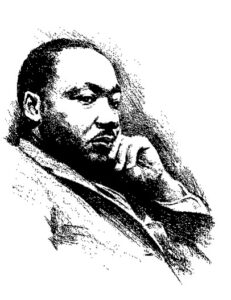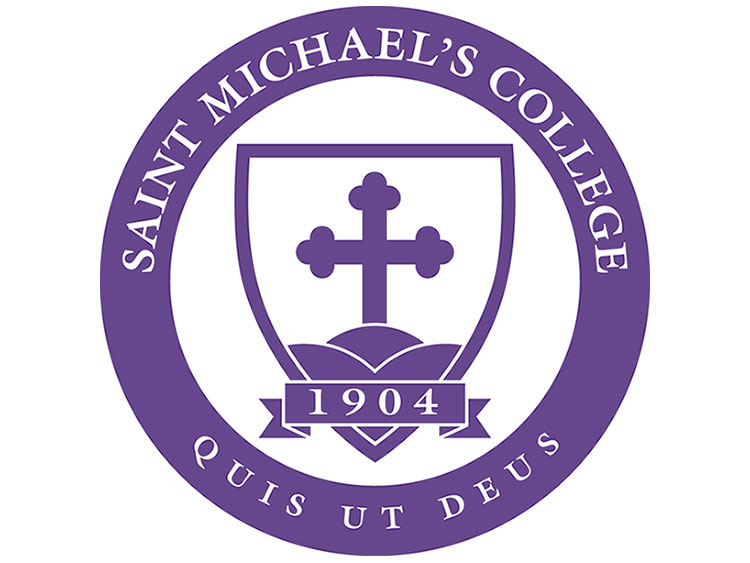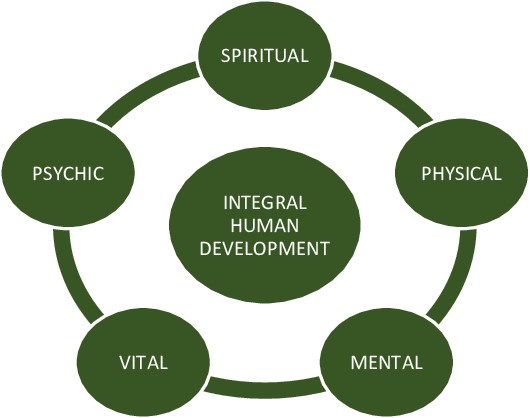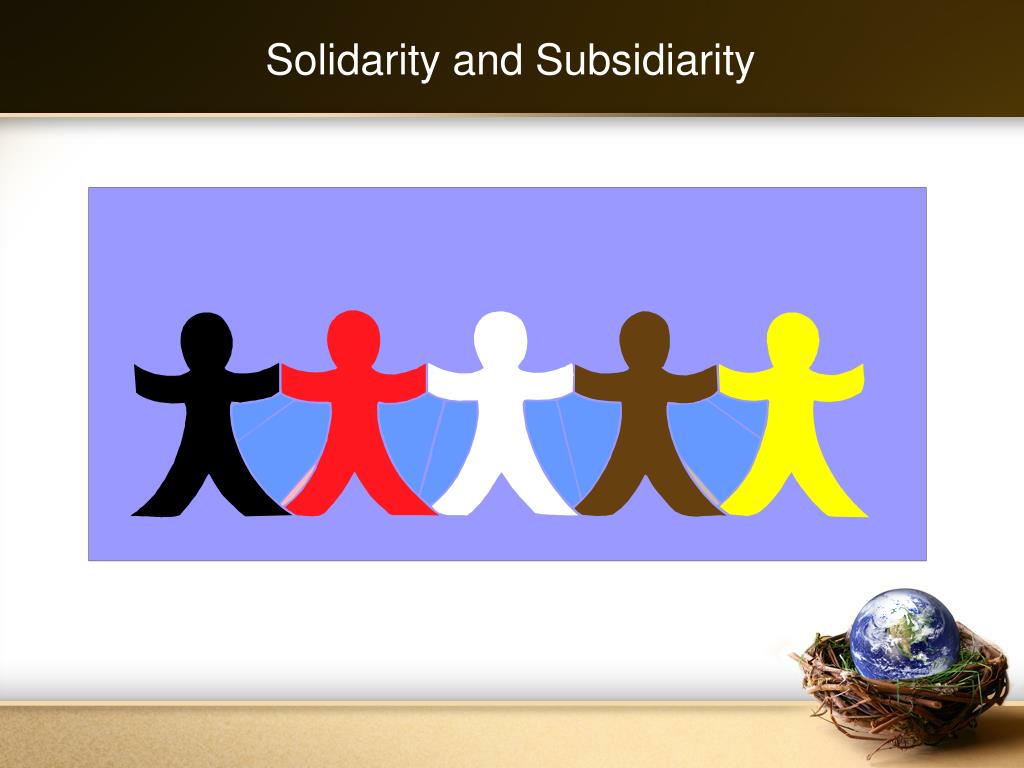Justice Must Be Shared: Rights, Responsibilities, and the Call for Timely Justice
 At the heart of Catholic Social Teaching lies a profound principle: human rights must always be accompanied by responsibilities. This third foundational tenet reminds us that every person has a right to life and to those things which make life truly human, such as food, shelter, education, employment, and health care. But with those rights come duties: to family, to community, and to the broader society. We are not islands unto ourselves; our rights are interwoven with the rights of others.
At the heart of Catholic Social Teaching lies a profound principle: human rights must always be accompanied by responsibilities. This third foundational tenet reminds us that every person has a right to life and to those things which make life truly human, such as food, shelter, education, employment, and health care. But with those rights come duties: to family, to community, and to the broader society. We are not islands unto ourselves; our rights are interwoven with the rights of others.
This idea finds strong echoes in the words of two historic figures. British statesman William Gladstone once observed, “Justice delayed is justice denied.” His warning was that justice deferred is, in effect, justice withheld. A society that fails to act promptly to secure justice for all its members, especially the most vulnerable, is complicit in their suffering.
Dr. Martin Luther King Jr. expanded this insight in his powerful declaration: “Injustice anywhere is a threat to justice everywhere.” With these words, King challenges us to recognize the moral fabric that binds humanity together. If one person is denied justice, then the whole structure of justice is weakened. In Catholic terms, this is the language of solidarity. We are responsible not just for defending our own rights, but for ensuring that the rights of others, especially the poor, the marginalized, and the oppressed, are honored and protected.
These insights align powerfully with the modern framework of Diversity, Equity, and Inclusion (DEI). DEI principles seek to repair historic and systemic injustices, especially those based on race, gender, sexuality, ability, and religion. They operate from the conviction that diversity is a strength, equity requires a just distribution of opportunity based on need, and inclusion ensures every person has a voice, a place, and a right to flourish.
 Gladstone’s assertion about delayed justice parallels DEI’s demand for equity now, not later. When institutions postpone necessary reforms—like access for students with disabilities, or fair hiring for underrepresented minorities—they are effectively denying justice. Equity asks not for identical treatment, but for fair outcomes that respond to actual disparities. It seeks to dismantle the structural barriers that have long delayed justice for some.
Gladstone’s assertion about delayed justice parallels DEI’s demand for equity now, not later. When institutions postpone necessary reforms—like access for students with disabilities, or fair hiring for underrepresented minorities—they are effectively denying justice. Equity asks not for identical treatment, but for fair outcomes that respond to actual disparities. It seeks to dismantle the structural barriers that have long delayed justice for some.
 Likewise, Dr. King’s warning about the contagion of injustice mirrors DEI’s inclusive lens: when any group is excluded, all are affected. The denial of justice to one person or one community corrupts the whole system. DEI echoes the Catholic understanding that the dignity of the human person is indivisible, and a wound to one is a wound to all.
Likewise, Dr. King’s warning about the contagion of injustice mirrors DEI’s inclusive lens: when any group is excluded, all are affected. The denial of justice to one person or one community corrupts the whole system. DEI echoes the Catholic understanding that the dignity of the human person is indivisible, and a wound to one is a wound to all.
Catholic teaching insists on this connection. As Pope Saint John XXIII wrote in Pacem in Terris (1963), “Any human society, if it is to be well-ordered and productive, must lay down as a foundation this principle: that every human being is a person… and has rights and duties which together flow as a direct consequence of his nature.” (§9)
 Similarly, Pope John Paul II in Centesimus Annus (1991) declared that it is not permissible for anyone to disregard the available means of rendering assistance to those in need, on the grounds that one is free to use one’s own property as one pleases (§30). Here, the message is clear: our rights, be they economic, political, or social, come with moral obligations to others.
Similarly, Pope John Paul II in Centesimus Annus (1991) declared that it is not permissible for anyone to disregard the available means of rendering assistance to those in need, on the grounds that one is free to use one’s own property as one pleases (§30). Here, the message is clear: our rights, be they economic, political, or social, come with moral obligations to others.
This mutuality of rights and responsibilities is not merely a matter of policy or politics; it is a matter of discipleship. To follow Christ means to care for the least among us, to be our brother’s and sister’s keeper, and to act with justice swiftly, compassionately, and universally.
When justice is denied or delayed, whether in our communities or beyond our borders, our faith calls us not to silence but to action. As the Catechism of the Catholic Church teaches, “Respect for the human person proceeds by way of respect for the principle that ‘everyone should look upon his neighbor (without any exception) as “another self,” above all bearing in mind his life and the means necessary for living it with dignity’” (§1931; cf. Gaudium et spes, 27, #1).
In other words, the Gospel imperative is clear: your rights are my responsibilities—and mine, yours. Only then is justice real, and only then truly is it shared.
If you would like to comment or ask a question, I can be contacted at dtheroux@smcvt.edu. Let’s talk!

For all press inquiries contact Elizabeth Murray, Associate Director of Communications at Saint Michael's College.





